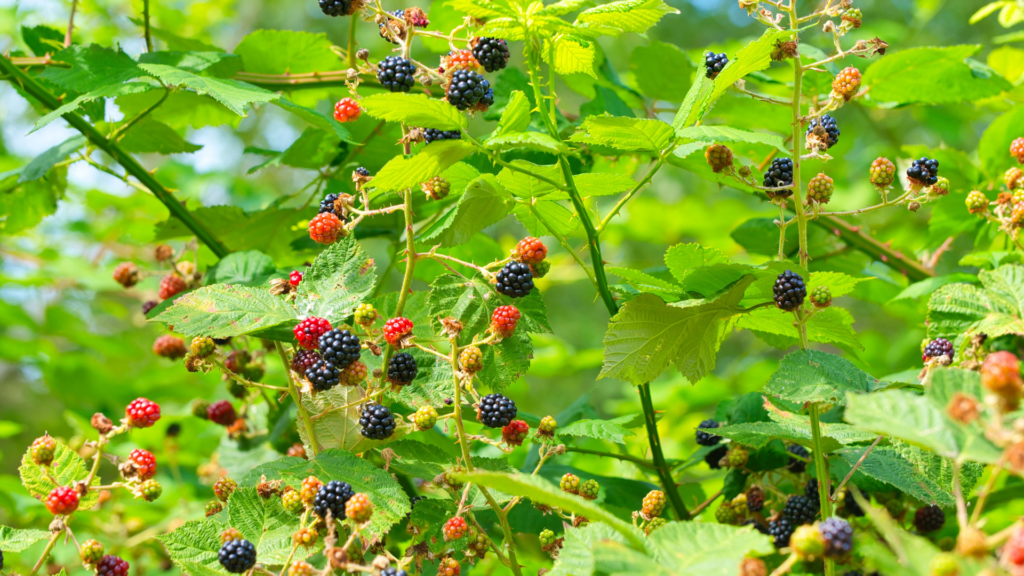Fruit that grows in Brussels’ public and private spaces is generally of good quality, according to a public research project.
The analysis, commissioned by the city's Innoviris.brussels body and carried out with the ULB’s Unit of Plant Ecology and Biogeochemistry, investigated the trace elements of metals (TEM) found in the soil and fruit across Brussels. It comes after recent findings highlighted the severe levels of pollution in the region's soil.
Around 280 fruit samples were collected from summer to autumn 2022. Twelve different fruits widely available in the capital were examined, including blackberries, redcurrants, rosehips, grapes, elderberries, chestnuts, walnuts, hazelnuts, apples, cherries, plums and figs. Researchers assessed each for levels of lead, cadmium, zinc, copper and nickel.
The majority of analysed fruit adhered to the authorised maximum levels. For concentrations of zinc, copper, and nickel, all examined fruits fell within limits recommended by the UN.
However, in a few instances the EU limits for lead and cadmium were surpassed. Cadmium in excess was predominantly found in redcurrants and blackberries, while excessive levels of lead were measured in hazelnuts, walnuts, grapes, and to a lesser extent, blackberries.
Related News
- Belgium tops EU countries for highest level of toxic pesticides in fruit and vegetables
- Small farmers say they're paying the price for 3M's pollution
TEM arise chiefly from road traffic, industrial installations, and incinerators. Construction materials such as cement, concrete, zincware and paint also contribute to environmental TEM sources.
Extended exposure to cadmium can disrupt kidney functions, while lead may hinder learning abilities, induce hypertension and pose risks for the neurological development of foetuses, infants, and children.

